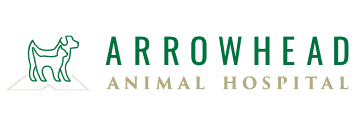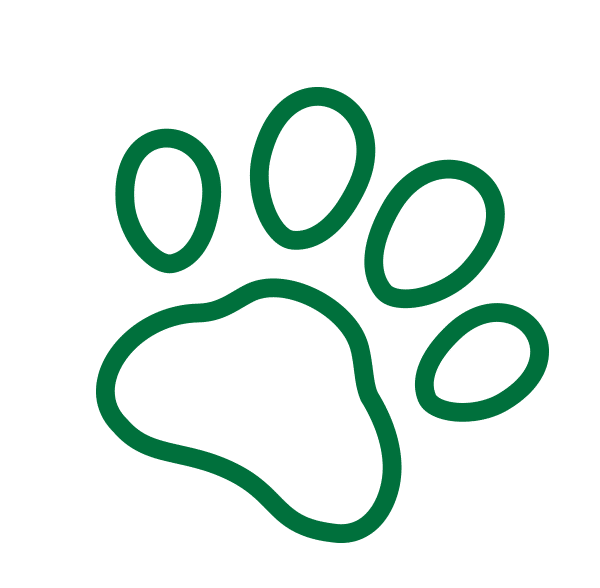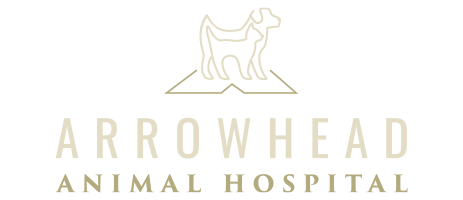Arrowhead Animal Hospital’s top priority during pet surgery is the safety, health, and comfort of our patients.
Our facility is equipped with state-of-the-art surgical equipment, which is managed by our skilled support staff. Together our team, facility, and extensive client education protocol set our patients up for a successful surgical procedure and quick, safe recovery.
Our surgical protocol requires that each patient seeing us for a surgical procedure must have an exam performed and bloodwork evaluated by their veterinarian. This ensures that your pet is in good health and helps to minimize any potential risks. Your pet will also have a customized pain management protocol, which will be reviewed with you prior to your pet’s discharge.
Or call us at (303) 469-1616.
Common Pet Surgeries We Perform
Arrowhead Animal Hospital performs a variety of surgeries for pets, including:
Risk Reduction
Our hospital is equipped with the latest technology for surgery and a skilled team of veterinarians, technicians, and assistants who are all medically trained in surgical care. However, there are still some risks that may persist with anesthesia and surgery.
Pre-anesthetic exams and bloodwork screening are imperative in identifying potential risks. The blood panel rules out many internal issues, such as clotting disorders, liver and kidney abnormalities, and anemia, which could negatively interfere with the surgery. Once a patient has been approved by the veterinarian to undergo surgery, an intravenous catheter will be placed, allowing access to administer fluids, which will keep your pet hydrated and maintain their blood pressure throughout the procedure.
Emergency Surgery
Our veterinarians at Arrowhead Animal Hospital are prepared to handle emergency situations and surgeries should they arise. If your pet is having an emergency during our regular office hours, please call us at (303) 469-1616 to let us know that you are on your way. This allows our team some extra time to prepare to treat your pet as soon as possible.
Laparoscopy
Laparoscopy is a method that allows the veterinarian to see into the abdominal cavity with the use of a camera through a small abdominal incision. In some cases, such as a laparoscopic spay or gastropexy, our team may opt to use this minimally-invasive method as the smaller incision can heal faster and cause less bleeding and less pain.
Gastropexy
A prophylactic gastropexy may be recommended for breeds that are predisposed to Gastric Dilatation with Volvulus (GDV), such as Great Danes, Mastiffs, Akitas, Shepherds, Wolfhounds, Dobermans, Setters, Basset Hounds, and Weimaraners. GDV (also known as bloat) occurs when the stomach twists on itself, limiting blood supply to the stomach and spleen, and can become fatal very quickly after occurring. The procedure may be performed laparoscopically, oftentimes during a spay or neuter as a preventative measure and involves adhering the stomach to the body wall to prevent twisting.


